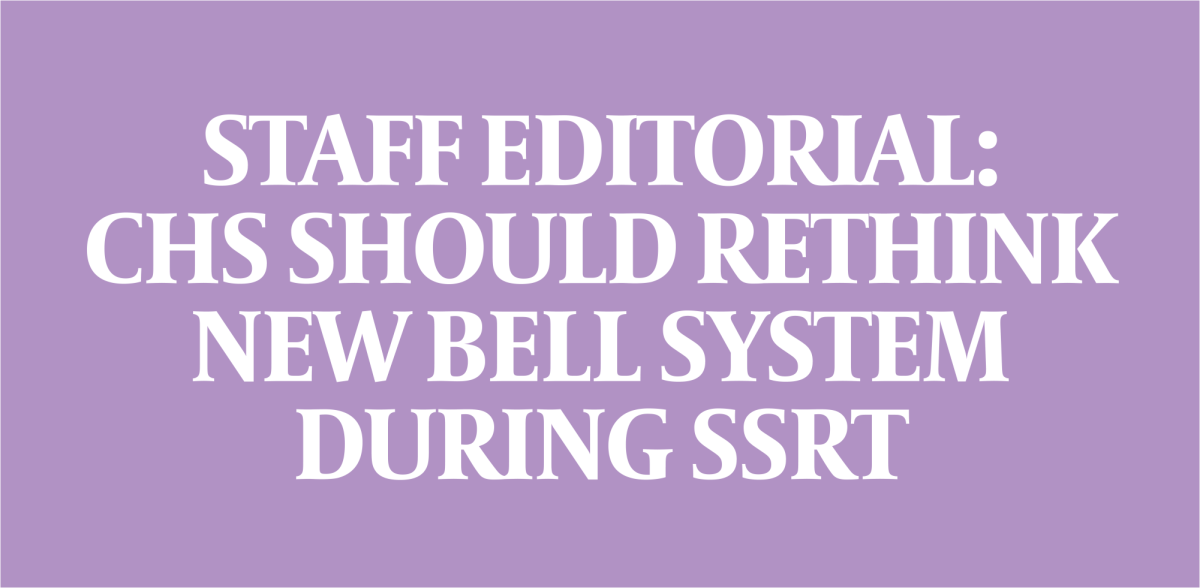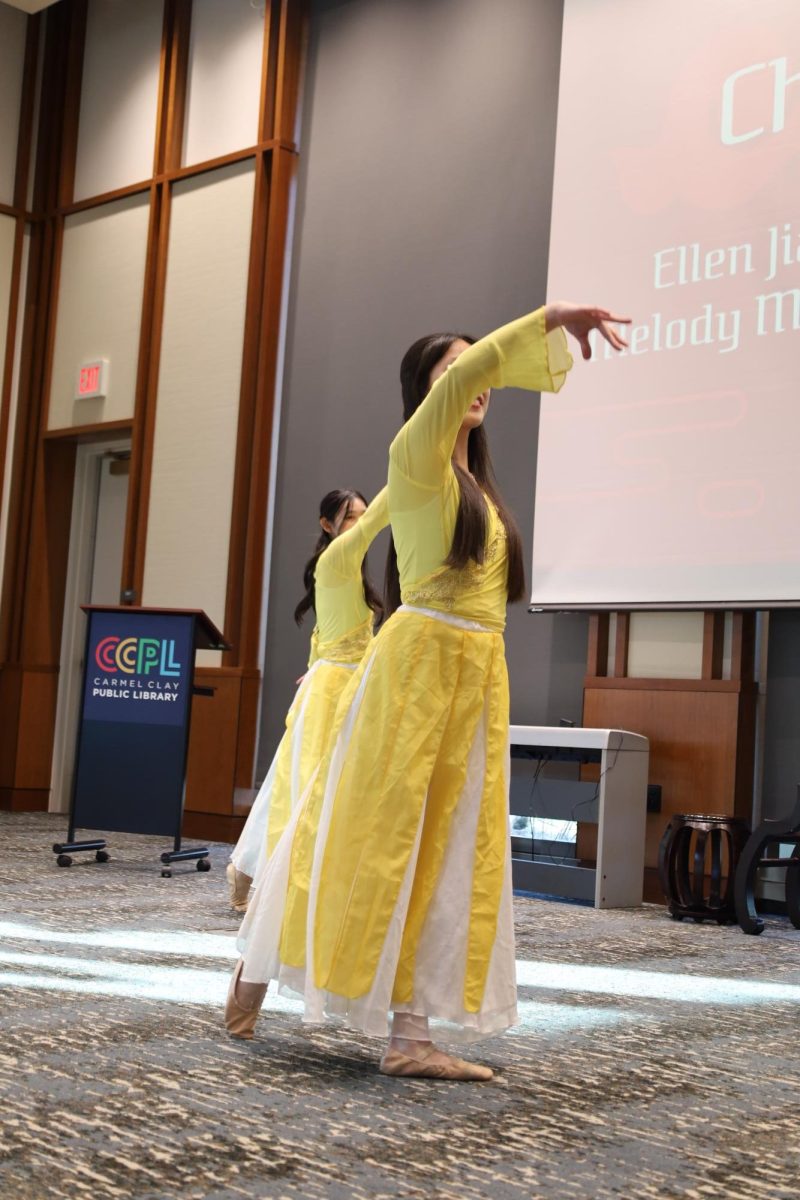HiLite staff members discuss the credibility of ghostwriters versus actual authors.
 Reading through Goodreads’ New January Books by Authors You’ve Read, all I saw were two James Patterson books, a trend that’s continued since I joined Goodreads. As a bestselling author, Patterson produces around four books per month, and according to the Los Angeles Times, Pattersonhas had around 160 bestsellers over a span of six years. Doing the math, that’s around 26 books per year and two bestsellers per month. While that may seem impossible, it isn’t when he, like a few writers, uses ghostwriters.
Reading through Goodreads’ New January Books by Authors You’ve Read, all I saw were two James Patterson books, a trend that’s continued since I joined Goodreads. As a bestselling author, Patterson produces around four books per month, and according to the Los Angeles Times, Pattersonhas had around 160 bestsellers over a span of six years. Doing the math, that’s around 26 books per year and two bestsellers per month. While that may seem impossible, it isn’t when he, like a few writers, uses ghostwriters.
Ghostwriting is a job where an author writes material that is credited to someone else, and it’s more common in books than most people think. A famous example is the Nancy Drew series. Owned by Stratemeyer Syndicate, the whole series was written by several ghostwriters all under the pseudonym Carolyn Keene. However, unlike Patterson, readers were buying the series for the protagonists and her story than for an author’s name.
While, some deny it, many celebrities have also used ghostwriters. For example, Bella Thorne has openly admitted to working with ghostwriter Elise Allen for her trilogy. I don’t condemn celebrities who use ghostwriters to get the story across because they are not professional writers. Nonetheless, I think more celebrities should be open about using ghostwriter and not sell a product that isn’t completely made by them.
Ghostwriters aren’t bad, but they are the lazy option for professional writers. It gets to the point where the author just becomes an advertising scheme for people to read the books. Many readers can instantly recognize the huge lettering of Patterson’s name on his books. But if you look closely at the byline, you’ll see the second name listed below of the actual writer. Authors, you’re professional writers. Read your job description and actually write something.
As an avid reader, i have often found myself drawn to authors who write with originality and creativity. These types of authors rarely, if ever, use ghostwriters, and their writing acumen shines throughout their work. Two of my favorite authors, Kurt Vonnegut and Charles Bukowski, in particular, write with rare authenticity.
Vonnegut is renowned worldwide for his unique blend of reality and science fiction while still delivering impact messages. In his writing, Vonnegut was able to weave together incredible characters and storylines seamlessly in a manner which will scarcely be replicated. His unique and intriguing style catapulted Vonnegut to national relevance. This enabled Vonnegut to write a wide range of literature, showcasing his consistent, imaginative and innovative approach.
On the other hand Bukowski gained notoriety through his raw, brash writing. His writing is well known for being fairly autobiographical which made it easy for readers to recognize his crude, gritty emotions. Bukowski wrote with vivid passion, and as he chronicled his embattled journey through life, readers were able to recognize his unmistakeable voice. In contrast to Vonnegut, Bukowski was limited in his creative capacity, but rather was able to develop such a uniquely brazen, often times audacious, writing style that it become unfeasible for ghostwriters to attempt to mimic him.
Writers as whole strive to find a new way to express worn out ideas and ideals. This can be a challenging process and ghostwriters as a result often become crutches for writers. Writers such as Vonnegut and Bukowski should be applauded for being able to flourish without ghostwriters. This is not to say that ghostwriters should be put to shame, but rather that creativity and ingenuity should be encouraged.
Your donation will support the student journalists of Carmel High School - IN. Your contribution will allow us to purchase equipment and cover our annual website hosting costs.































![AI in films like "The Brutalist" is convenient, but shouldn’t take priority [opinion]](https://hilite.org/wp-content/uploads/2025/02/catherine-cover-1200x471.jpg)













































![Review: “The Immortal Soul Salvage Yard:” A criminally underrated poetry collection [MUSE]](https://hilite.org/wp-content/uploads/2025/03/71cju6TvqmL._AC_UF10001000_QL80_.jpg)
![Review: "Dog Man" is Unapologetically Chaotic [MUSE]](https://hilite.org/wp-content/uploads/2025/03/dogman-1200x700.jpg)
![Review: "Ne Zha 2": The WeChat family reunion I didn’t know I needed [MUSE]](https://hilite.org/wp-content/uploads/2025/03/unnamed-4.png)
![Review in Print: Maripaz Villar brings a delightfully unique style to the world of WEBTOON [MUSE]](https://hilite.org/wp-content/uploads/2023/12/maripazcover-1200x960.jpg)
![Review: “The Sword of Kaigen” is a masterpiece [MUSE]](https://hilite.org/wp-content/uploads/2023/11/Screenshot-2023-11-26-201051.png)
![Review: Gateron Oil Kings, great linear switches, okay price [MUSE]](https://hilite.org/wp-content/uploads/2023/11/Screenshot-2023-11-26-200553.png)
![Review: “A Haunting in Venice” is a significant improvement from other Agatha Christie adaptations [MUSE]](https://hilite.org/wp-content/uploads/2023/11/e7ee2938a6d422669771bce6d8088521.jpg)
![Review: A Thanksgiving story from elementary school, still just as interesting [MUSE]](https://hilite.org/wp-content/uploads/2023/11/Screenshot-2023-11-26-195514-987x1200.png)
![Review: "When I Fly Towards You", cute, uplifting youth drama [MUSE]](https://hilite.org/wp-content/uploads/2023/09/When-I-Fly-Towards-You-Chinese-drama.png)
![Postcards from Muse: Hawaii Travel Diary [MUSE]](https://hilite.org/wp-content/uploads/2023/09/My-project-1-1200x1200.jpg)
![Review: "Ladybug & Cat Noir: The Movie," departure from original show [MUSE]](https://hilite.org/wp-content/uploads/2023/09/Ladybug__Cat_Noir_-_The_Movie_poster.jpg)
![Review in Print: "Hidden Love" is the cute, uplifting drama everyone needs [MUSE]](https://hilite.org/wp-content/uploads/2023/09/hiddenlovecover-e1693597208225-1030x1200.png)
![Review in Print: "Heartstopper" is the heartwarming queer romance we all need [MUSE]](https://hilite.org/wp-content/uploads/2023/08/museheartstoppercover-1200x654.png)



![AI in films like "The Brutalist" is convenient, but shouldn’t take priority [opinion]](https://hilite.org/wp-content/uploads/2025/02/catherine-cover-600x235.jpg)


